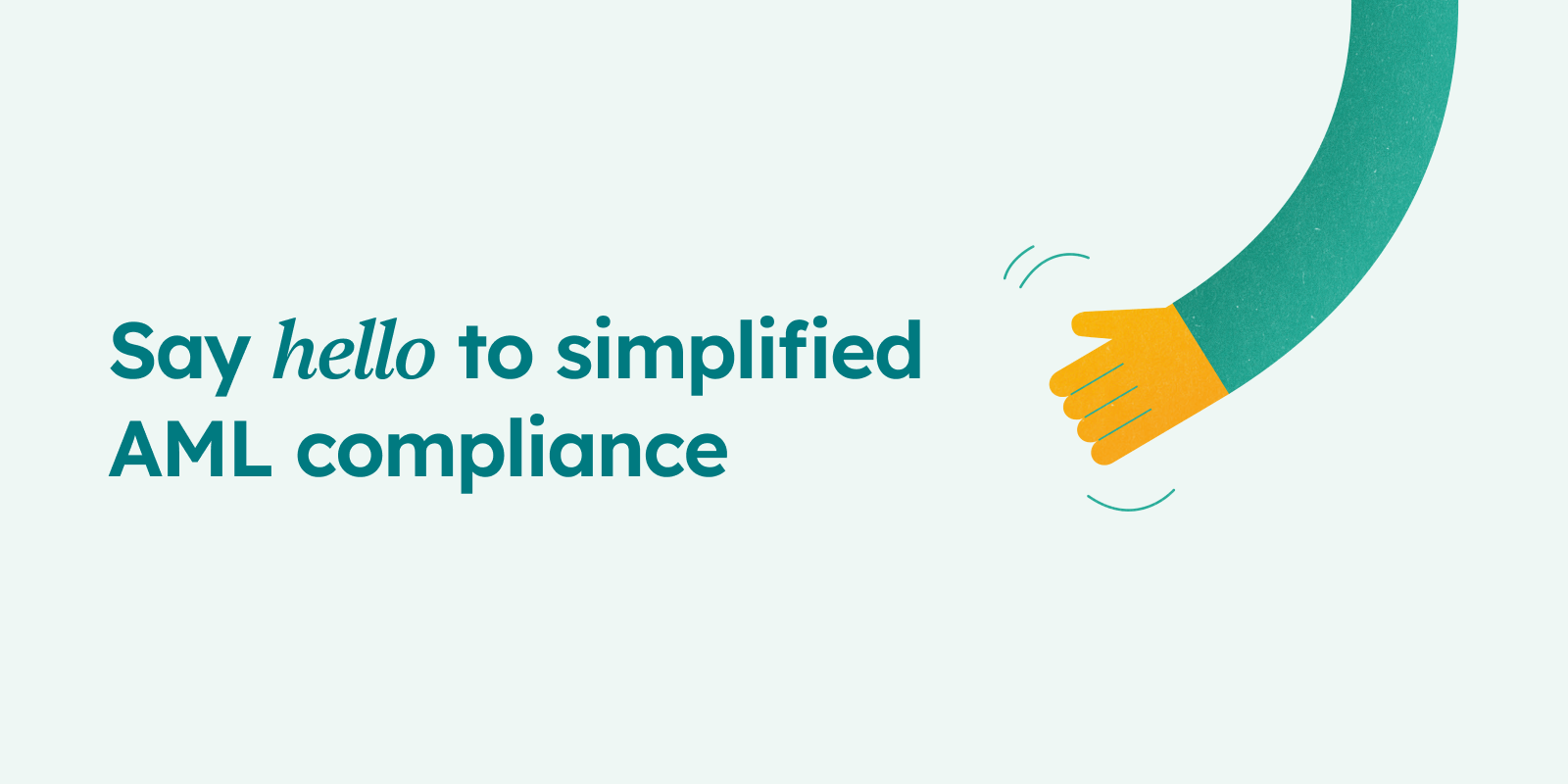1 min read
Creditro takes over KYC from Penneo
As part of Visma’s ambition to build world-class digital solutions, a strategic decision has been made to sharpen the focus of its portfolio...

In our interconnected world, being aware of the third parties you connect with is essential. A "third party" is a person or organisation that is not directly involved in a transaction but may be affected by it. In business, we often discuss the customer, vendor, and supplier as the three parties involved in a transaction.
When it comes to third parties, businesses need to be aware of whom they are working with and what risks are involved; this is known as "know your third party." By understanding the different types of risks associated with third parties, businesses can take steps to mitigate those risks.
There are three primary risks when working with third parties: financial, legal, and reputational. Financial risks include the third party's inability to meet its financial obligations, which could lead to the business not getting paid for services rendered.
Legal hazards include the third party not complying with regulations, which could lead to fines or other penalties for the company. Reputational risks include the third party engaging in unethical or illegal activities, which could damage the business's reputation.
As a business owner, you must know your third party- any person or organisation you partner with to help run or support your business. This could be anything from an advertising agency to the company that provides your office furniture. Having a good relationship with your third party is vital for several reasons.
For one, they likely have access to important information about your company, including sensitive data. It's essential to trust them with this information and feel confident that they will keep it secure.
Additionally, if something goes wrong within the relationship- say, they don't deliver on their end of the bargain- it can reflect poorly on your business. So it's in your best interest to ensure you have a good rapport with your third party and that you're clear about expectations from the start.
Third parties are organisations that provide services to a company but are not part of the company. They can include suppliers, contractors, and other outside service providers.
Many companies rely on third parties to help them operate, but not all companies take the time to get to know their third parties well. This can be risky, as there is always the potential for something to go wrong when working with someone you don't know well.
One of the most significant risks of not knowing your third party is that you may not be aware of their business practices. This could lead to ethical issues or even legal problems down the road. It's essential to ensure that your third party operates in a way that aligns with your company's values and standards. Another risk is that you may not be aware of their financial situation.
Third parties are entities that are not part of the company but are involved in the company's transactions. Companies must know their third parties to manage the risks associated with them. Here are some tips on how to go about knowing your third party:
2. Identify the key individuals you must deal with within the third-party organisation.
3. Conduct due diligence on the third party. This includes understanding their business, financial situation, and potential reputational risks. For example, many companies use Creditro tools to monitor and access information about third parties before entering into relationships, maintain the data, and proactively be aware of risks along the collaboration.
4. Put together a contract that outlines the expectations and responsibilities of both parties involved.
5. Monitor the performance of the third party on an ongoing basis to ensure that they continue to meet your expectations.
In our rapidly evolving digital world, it's more important than ever to keep up to date on your third-party relationships. With so much data being shared and exchanged daily, knowing who has access to your information and its use is essential.
Third-party relationships can be complex, and it can be challenging to keep track of all the different moving parts. That's why it's essential to understand each third party's role in your business clearly. By staying up to date on your third parties, you can help protect your data and maintain compliance with regulations like the GDPR.
A way to keep up to date with your relationships, is to regularly review contracts and agreements to make sure they are still valid and relevant.
Regarding managing third-party risk, "know your third party" is sound advice. Yet, many organisations struggle with this concept because they either don't know where to start or lack visibility into their third-party ecosystem.
Organisations need to clearly understand who their third parties are to manage third-party risk effectively and what types of risks they pose. They also need visibility into the relationships between their third parties and other entities in their ecosystem.
Organisations can take several steps to improve their understanding of third parties and their risks. They can start by performing due diligence on all new and existing third parties. They can also develop policies and procedures for managing third-party risk and implement processes for monitoring compliance with these policies.

1 min read
As part of Visma’s ambition to build world-class digital solutions, a strategic decision has been made to sharpen the focus of its portfolio...

3 min read
When you are subject to AML regulations, there are several tasks you need to complete annually. An annual compliance plan can help you stay on top of...

3 min read
AML compliance can be a hassle, but we don’t think it has to be that way. That’s why we’re proud to finally introduce our new brand, which reflects...